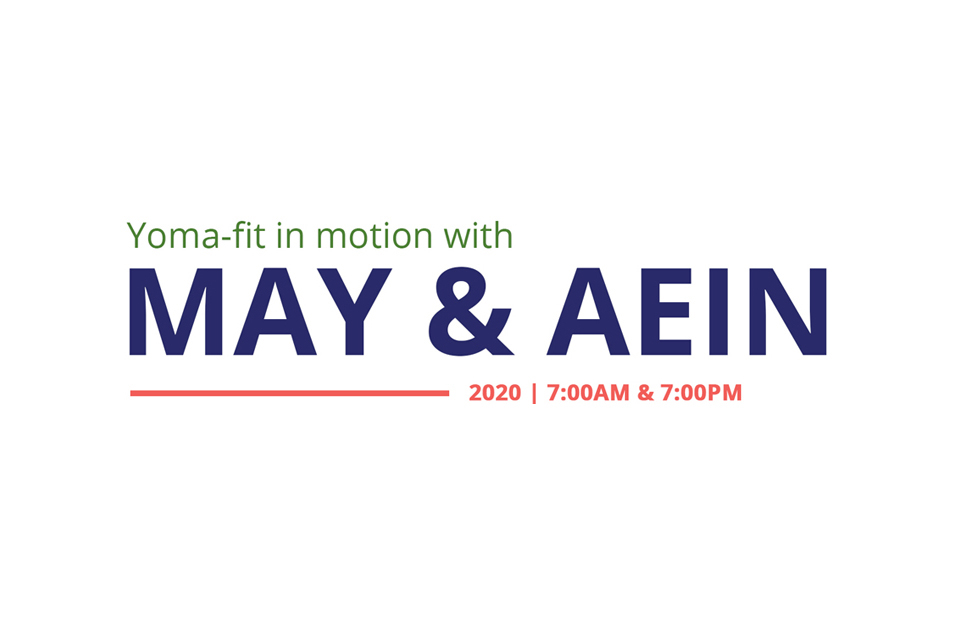All documents, papers and information acquired in an employee’s official capacity or otherwise should be treated as confidential and trade secrets of the Yoma Group. Employees must not copy, reproduce, extract, translate or in any way deal with them in a manner that is not authorized or allow others to do so, or disclose, publish or communicate them to the Press or to individuals whether directly or indirectly unless it is in the course of their official duties or if it is lawfully required or authorized by any Court of law or with authorization from the Management. This clause shall continue to apply even after they are no longer employed by the Yoma Group.
This policy affects all employees, including board members, investors, contractors and volunteers, who may have access to confidential information.
Confidential and proprietary information is secret, valuable, expensive and/or easily replicated. Common examples of confidential information are:
- Unpublished financial information
- Data of Customers/Partners/Vendors
- Patents, formulas or new technologies
- Customer lists (existing and prospective)
- Data entrusted to our company by external parties
- Pricing/marketing and other undisclosed strategies
- Documents and processes explicitly marked as confidential
- Unpublished goals, forecasts and initiatives marked as confidential
Employees may have various levels of authorized access to confidential information.
What employees should do:
- Lock or secure confidential information at all times
- Shred confidential documents when they’re no longer needed
- Make sure they only view confidential information on secure devices
- Only disclose information to other employees when it’s necessary and authorized
- Keep confidential documents within the Yoma Group’s premises unless it’s absolutely necessary to move them
What employees shouldn’t do:
- Use confidential information for any personal benefit or profit
- Disclose confidential information to anyone outside of our company
- Replicate confidential documents within the Yoma Group’s and files and store them on insecure devices
Upon termination or expiry of the employee’s employment with the Yoma Group, employees are obliged to return any confidential files and delete them from their personal devices.
Confidentiality Measures
The Yoma Group takes measures to ensure that confidential information is well protected, including but not limited to:
- Storing and locking paper documents
- Encrypting electronic information and safeguarding databases
- Requiring employees to sign non-compete and/or non-disclosure agreements (NDAs)
- Requesting for authorization by senior management to allow employees to access certain confidential information
Exceptions
Confidential information may occasionally have to be disclosed for legitimate reasons. Examples are:
- If a regulatory body requests it as part of an investigation or audit
- If our company examines a venture or partnership that requires disclosing some information (within legal boundaries)
In such cases, employees involved should document their disclosure procedure and collect all needed authorizations, and should not disclose more information than required.
Disciplinary Consequences
Every breach of the confidentiality policy will be investigated. Employees who do not comply with the confidentiality policy will face disciplinary and possibly, legal action. In the event that any employee willfully or regularly breaches the confidentiality policies for personal benefit, the Yoma Group reserve the right to terminate the employment of such employee immediately.
This policy is binding even after termination or expiry separation of employment.

